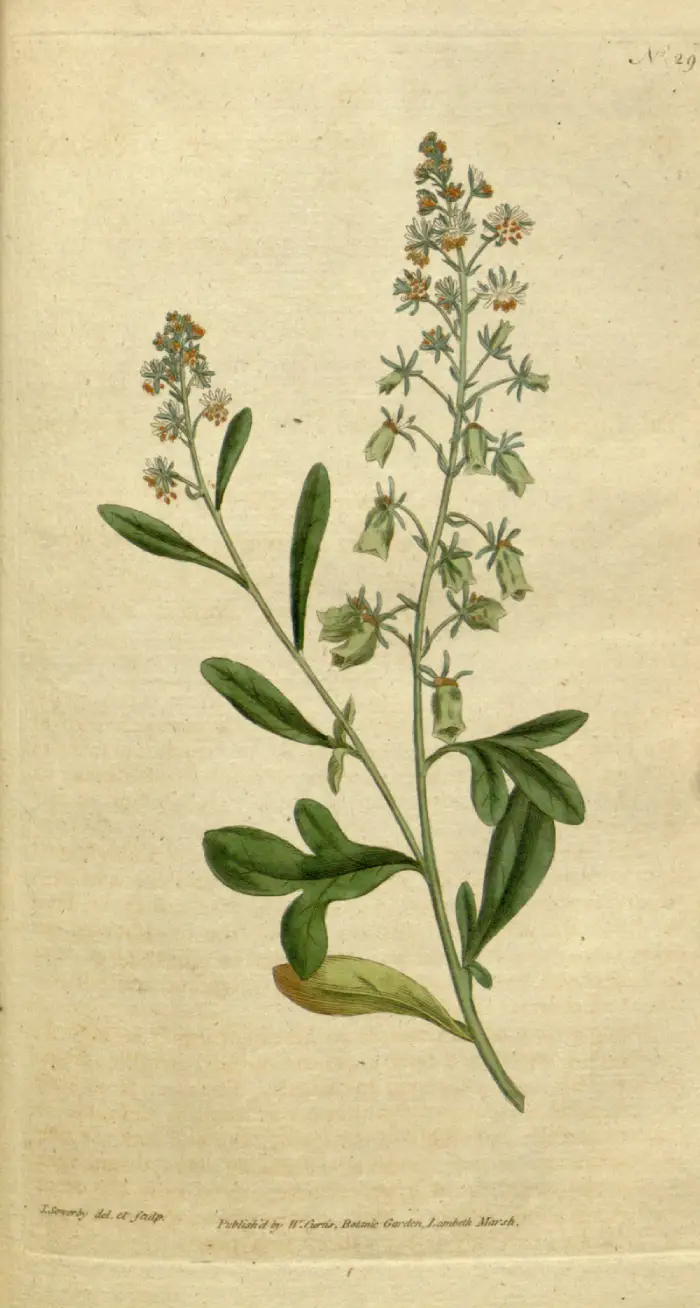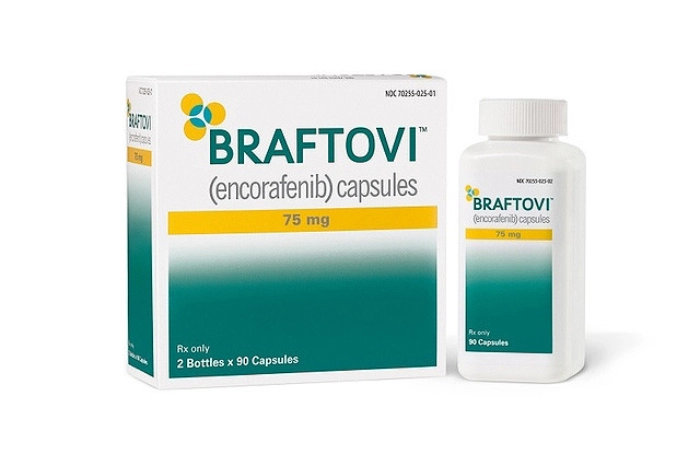Soy Protein for Heart Health
Many individuals with heart disease aim to eat a healthy diet as a preventive measure. Among the recommended foods, soybeans have long been recognized for their antioxidant and anti-inflammatory benefits. Researchers, based on these properties, hypothesized that soy proteins might help protect the heart from damage.
Dr. Nozomi Furukawa and her team tested the effects of a soy-derived protein, β-CG, on mice genetically predisposed to heart failure. Their findings revealed that the protein improved heart function, reduced muscle thickening, and decreased scarring in heart tissue, all of which are common issues linked to the progression of heart disease.
Additionally, the research team analyzed the gut microbiota and found an increase in certain bacteria responsible for producing short-chain fatty acids (SCFAs) — namely, Butyricimonas, Marvinbryantia, and Anaerotruncus. These SCFAs, including acetic acid, butyric acid, and propionic acid, are crucial for maintaining gut health and possess known anti-inflammatory effects. The increased presence of these bacteria and SCFAs suggests that β-CG may help protect the heart by influencing the gut microbiota, which could, in turn, offer protection against the harmful effects of high blood pressure on the heart.
Dr. Furukawa emphasized that this study highlights the potential of functional soy components in improving heart health. Although previous research has indicated that soy helps with obesity, its effects on cardiovascular disease were less well understood. The study found that β-CG promotes the growth of SCFA-producing bacteria, thereby preventing heart damage, which opens new avenues for the treatment of heart failure.
When antibiotics were used to reduce the SCFA-producing bacteria in the mice, the heart-protective effects of β-CG disappeared. This suggests that the gut microbiota plays a vital role in mediating the benefits of β-CG on heart health. To further confirm this, the researchers administered sodium propionate, one of the SCFAs, to the mice, and observed similar protective effects, reinforcing the idea that SCFAs are key in preventing heart damage.
Although this research was conducted in mice, the findings suggest that similar mechanisms might be relevant in humans, and β-CG or its derivatives could be developed into therapies aimed at preventing or slowing heart failure. This could provide a natural and dietary-based solution to a major global health issue.
However, Dr. Furukawa cautioned that soy and its components may not be suitable for everyone, particularly those with soy allergies. Moving forward, the research team plans to delve deeper into the molecular structure of β-CG to better understand its role in boosting SCFA production and explore the development of new treatments for heart disease.
The researchers hope their findings will inspire new dietary approaches to heart health, underscoring the connection between nutrition, gut microbiota, and cardiovascular wellness. Given that heart failure is one of the leading causes of death worldwide, these discoveries could have a significant impact on public health strategies for heart disease prevention.
Commentary by YourDailyFit columnist Alice Winters:

This study provides a compelling exploration into the relationship between soy protein and heart health, highlighting an innovative connection between gut microbiota, short-chain fatty acids (SCFAs), and cardiovascular protection. While the research is based on animal models, it opens promising avenues for further investigation into how soy-derived proteins, particularly β-CG, might contribute to heart disease prevention.
First, the findings underscore the growing understanding of the gut-heart axis, a complex relationship where the gut microbiota influences overall health, including the cardiovascular system. The ability of β-CG to increase SCFA-producing bacteria and enhance heart function offers a potential natural intervention in the face of heart disease, a condition that remains one of the most pressing health concerns globally.
What sets this study apart is the mechanism it uncovers: the role of SCFAs, such as butyric acid and propionic acid, in mitigating heart damage. SCFAs are well-known for their anti-inflammatory and immune-modulating properties, and the idea that they might provide a protective effect against heart failure is an exciting development. The study’s design, involving the use of antibiotics to diminish SCFA-producing bacteria and the subsequent loss of β-CG’s heart-protective effects, strengthens the hypothesis that gut health is crucial in modulating the efficacy of soy proteins on heart disease.
From a supplement and nutrition standpoint, this could signal a trend in functional foods targeting cardiovascular health through gut modulation. If future human trials confirm these results, we might see the emergence of new heart-health supplements that integrate soy protein or SCFA boosters as primary ingredients.
However, as the study points out, soy is not universally suitable. With soy allergies being a significant concern for some individuals, its broader application in heart health supplements would need to carefully address this limitation. Additionally, the study’s focus on mice models raises important questions about the translation of these findings to human populations, particularly given the complexities of individual microbiomes.
This research also hints at the increasing importance of microbiome-focused therapies in health supplements. As more studies reveal the links between gut health and various diseases, including cardiovascular disease, we may see an influx of supplements designed to optimize gut flora with ingredients like prebiotics, probiotics, and SCFAs.
Ultimately, while promising, these findings should be taken with caution until replicated in human studies. However, they do provide intriguing potential for dietary strategies that target heart health through a dual focus on nutrient-rich foods like soy and gut microbiota enhancement, marking a shift towards more holistic, natural approaches to managing heart disease. The future of heart disease prevention may lie as much in what we eat as in how our gut bacteria respond to it.



